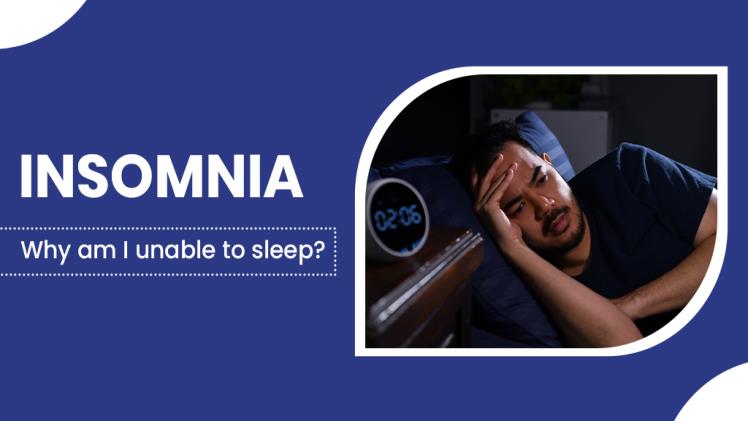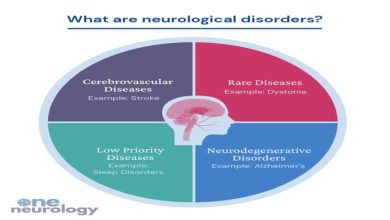Insomnia: Everything You Need To Know About It

Insomnia is a sleeping disorder in which a person cannot sleep properly. Various sleeping patterns and lifestyle habits, such as caffeine consumption, psychological conditions, psychoactive drugs, or other biological conditions, trigger the insomnia problem. People with insomnia problems face several symptoms that make them dissatisfied with their sleep.
Knowing when insomnia shows symptoms and how it will impact your body is important. So, in this article, we will learn about how insomnia affects your body. But it is equally important that you consult a doctor for professional guidance before dealing with such an issue. There are various medical centers like Yash Mehndiratta MD, DABSM where you can consult about your problem.
What are the Causes of Insomnia?
There are various causes of insomnia, including physical and psychological factors. Some of the important causes are as follows:
- Stress and Anxiety: It leads to racing thoughts, disturbs sleep, and cannot relax. Therefore, emotional stress, anxiety, and worry are the most common causes of acute insomnia.
- Poor Sleep Habits: If you have irregular sleep schedules, sleeping late at night, taking naps frequently in the day, or engaging in physical activities during your sleep time will disturb your sleep cycle.
- Medical Conditions: There are also some medical conditions like chronic pain allergies, asthma, acid reflux, and many more that affect your sleep cycle.
- Medications: Some medications affect your central nervous system and have stimulating effects. This can lead to insomnia in people with heavy doses.
What are the Symptoms of Insomnia?
A patient might feel some common symptoms while suffering from insomnia.
- Low energy
- Fatigue
- Mood disturbances
- Decreased performance of work
- Difficulty in concentration
What are the Types of Insomnia?
Insomnia is mainly categorized into two sections, i.e., acute and chronic. This categorization is based on the duration and how long it lasts in the body.
- Acute Insomnia: It is a situation-based insomnia. For instance, if you have an exam the next day, you cannot sleep. Similarly, you have an important day, so you cannot sleep due to stress or excitement.
- Chronic Insomnia is a disrupted sleep that lasts at least three days a week and three months. Various factors are associated with this insomnia, such as lifestyle changes or medications that lead to this situation.
What are the Effects of Insomnia?
- Fatigueness and Sleepiness during daytime
- Lack of cognitive functioning like memory, problem-solving, attention, and decision-making.
- Mood disturbances due to depression and anxiety
- Reduced immune functions
- Metabolic disturbances like weight gain, obesity, and many more effects.





